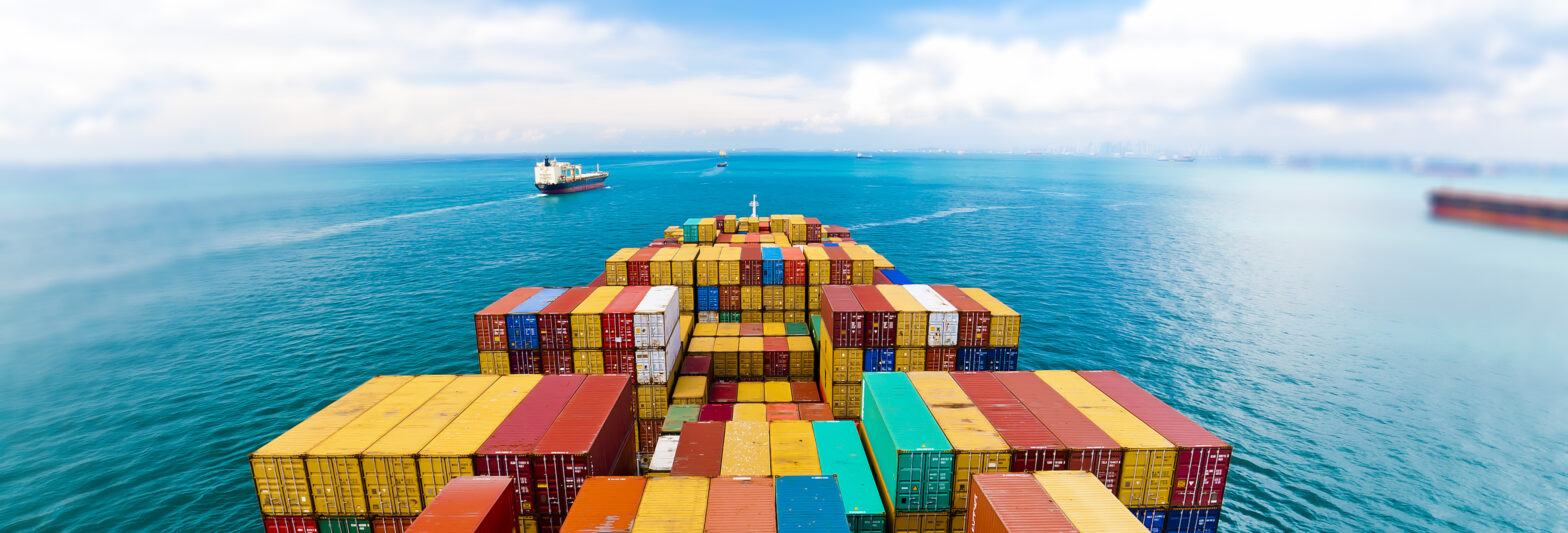According to a recent study conducted by Global-E, over half of retailers in the United Kingdom think cross-border trading will become more complex when the country leaves the European Union. While Brexit has created uncertainty over the UK’s trade links with the Europe Union, there are a number of alternative markets that present significant opportunity for UK retailers, including China, Russia and Canada. These three regions have their own unique set of opportunities and challenges, and understanding these nuances is key to cross-border success in this post-Brexit climate.
China
China is one of the fastest growing e-commerce markets in the world. Online retail sales in China reached 5.16 trillion yuan ($752 billion) in 2016, representing 26.2 per cent growth from 2015. It is estimated that 36 million Chinese shoppers will be spending $167 billion on international purchases by 2018.
As more than 50 per cent of online shopping happens through mobile devices, it is important that UK retailers optimise their sites for mobile and integrate with Chinese online payment systems, such as Alipay and Tencent. While logistics and infrastructure networks are improving rapidly in China, overseas retailers should avoid a one size fits all approach to their delivery strategy. China’s online population is not only incredibly large; it is also highly diverse in consumer behaviour. It’s worth knowing that there are 30 cities in China with populations of over 10 million people.
Russia
Russia currently ranks as the 13th largest ecommerce market in the world. With a population of 144 million people, its internet penetration is currently only 50 per cent, which means that there is still massive potential for growth. In fact, the size of its online retail sales is expected to expand to $22 billion by 2020.
According to a recent survey conducted by GFK and Yandex, 71 per cent of online shoppers said they paid with credit card at least once in the past year. However, cash on delivery is still common among online retail consumers, with 68 per cent of transactions settled in cash.
The vast land expanse in Russia means that different parts of the country pose different challenges for overseas retailers. Depending on the size of the cities, Russian online shoppers show different preferences in delivery methods. In Moscow, a city with close to 12 million inhabitants, courier service is the most preferred shipping method. Whereas in other smaller cities with populations around 800,000 pick-up is the most popular option.
Canada
With a population of just over 35 million, Canada is significantly smaller than China and Russia. However, this should not deter overseas retailers. The North American country is one of the most connected in the world with 91 per cent of Canadians having access to internet. Meanwhile 90 per cent of Canadians shop online, with most doing so several times per month. These factors make for a budding market place. According to Forrester by 2019, 9.5 percent of all Canadian retail spending—projected at C$39.9 billion—will be done online, up from 6 per cent in 2014.
Returns in particular heavily influence consumer behaviour. More than four in 10 Canadian shoppers said they would be unlikely to complete a sale if they had to pay for returns shipping, and 65 percent will shop more with a retailer if they offer a hassle-free returns policy.
Whilst the EU is an important market for the UK as a whole, Brexit does not necessarily spell doom and gloom for cross-border trading. Forward thinking retailers are targeting markets outside the EU such as China, Russia and Canada to drive international expansion, but doing so successfully requires planning and research. It is important to remember that customer delivery preferences vary across different territories. An expert partner with a proven track record will have the necessary global knowledge, contacts and expertise to help retailers keep up with customer expectations, wherever they operate.
Paul Galpin is the managing director of P2P Mailing.







